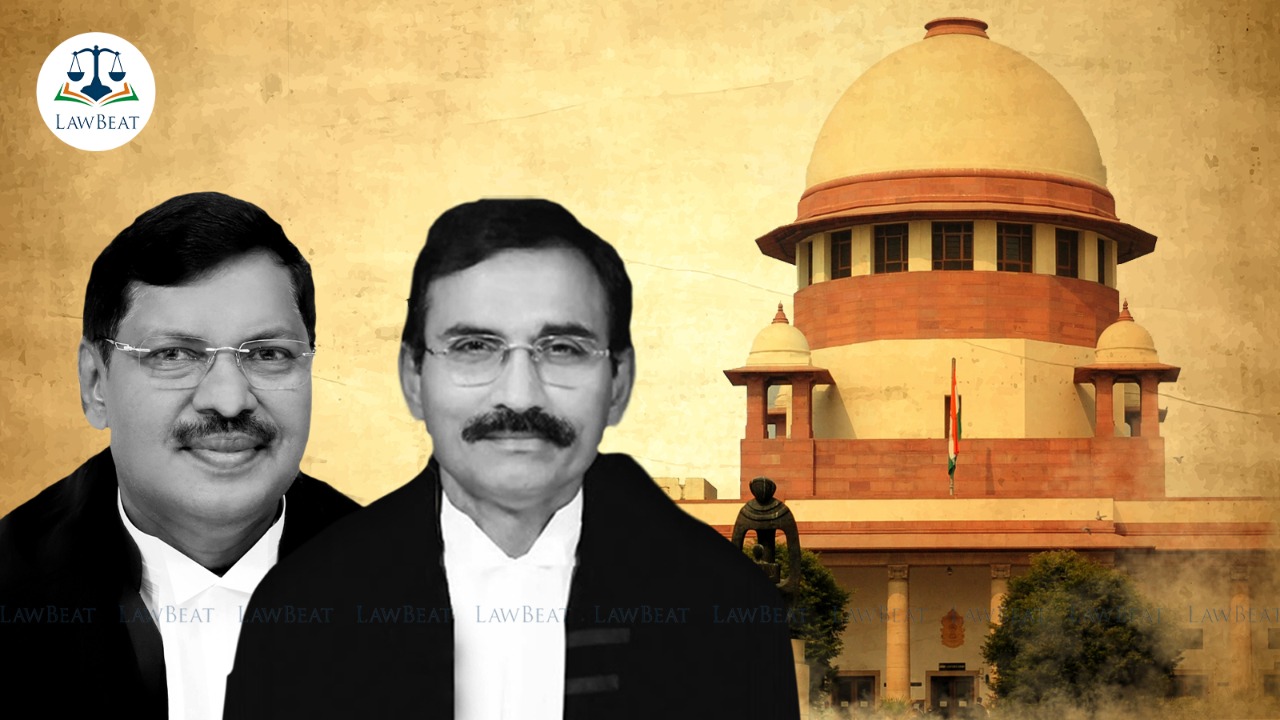A custom in Tamil Nadu of marriage with 'Maternal Uncle' : Top Court notes setting aside POCSO conviction

The Supreme Court, noting that there is a custom in Tamil Nadu of the marriage of a girl with her maternal uncle, set aside the conviction of one K Dhandapani who was sentenced under the POCSO Act for having physical relations with a 14-year-old girl on the promise of marrying her.
An FIR was registered against Dhandapani for committing rape under Sections 5(j)(ii) read with Section 6, 5(I) read with Section 6 and 5(n) read with Section 6 of Protection of Child from Sexual Offences (POCSO) Act, 2012.
He was sentenced to undergo rigorous imprisonment for a period of 10 years and this conviction and sentence were upheld by the High Court.
Dhandapani's counsel, MP Parthiban, told the court that Dhandapani had married the prosecutrix and they have two children. The statement of the prosecutrix was also placed on record in which she had categorically stated that she had two children and they were being taken care of by Dhandapani and she was leading a happy married life.
Dr. Joseph Aristotle S, appearing for the State, however, argued that the marriage was not legal and might be only for the purpose of escaping punishment and there was no guarantee that Dhandapani would take care of the prosecutrix and the children after the Court granted relief to him.
A bench of Justices L Nageshwar Rao and BR Gavai while setting aside the conviction said, "This Court cannot shut its eyes to the ground reality and disturb the happy family life of the appellant and the prosecutrix. We have been informed about the custom in Tamilnadu of the marriage of a girl with the maternal uncle."
Court further clarified that the order shall not be treated as a precedent and in case Dhandapani did not take proper care of the prosecutrix, she or the State on her behalf could move the Top Court for modification of its Order.
Case Title: K DHANDAPANI vs. THE STATE BY THE INSPECTOR OF POLICE
